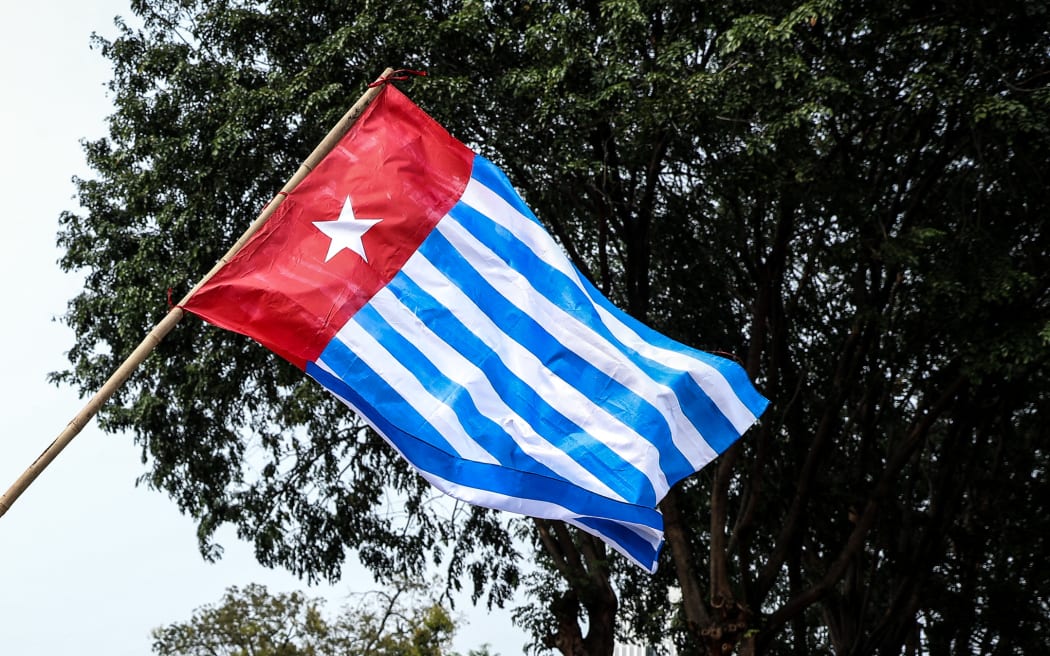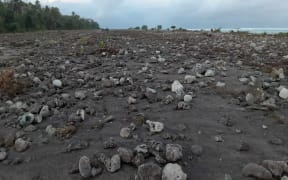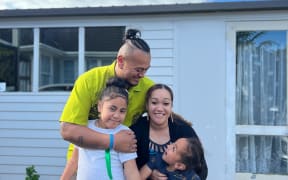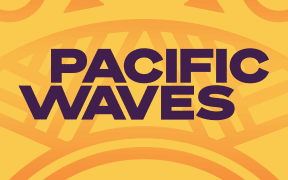
Photo: AFP/Andrew Gal
West Papua - solidarity
The Pacific Network on Globalisation (PANG) has declared its solidarity with civil society groups and student protesters demonstrating against the videoed torture of a Papuan man.
The Indonesian Embassy in New Zealand said the videoed incident is deeply regrettable and is being investigated.
PANG said peaceful demonstrations came after the video was circulated.
There have been reports of protesting students being arrested and interrogated before they were released.
PANG said it echoes the calls made from the 62 students that were arrested, for the Indonesian government to cease all military operations in West Papua and allow the UN Human Rights Commissioner to visit the region.
Hawai'i - meeting
The Maori King has confirmed he will attend an inaugural meeting of Pacific traditional leaders in Hawai'i in June.
The leaders will discuss issues of regional and international concern, such as climate change and environmental protection.
Kiingitanga spokesperson Ngira Simmonds said Kiingi Tuheitia Pootatau Te Wherowhero VII shared the concerns of Pacific traditional leaders who are responsible for upholding the teachings of their ancestors and caring for current and future generations.
During the visit, Kiingi Tuheita will also continue his family's long-held tradition of attending the Festival of Pacific Arts, which is being hosted by Hawai'i.
PNG - police
There are 869 vacant positions in the Royal Papua New Guinea Constabulary.
The Post-Courier reported a police gazette revealed the vacancies, which included positions for police commands in five provinces.
Papua New Guinea's police commissioner David Manning has long complained of a police shortage in the country.
Nationwide riots occurred in January, when around 200 law enforcement and military units protested pay deductions.
Samoa - Starlink
A regulator has clarified that Cabinet's approval for Starlink internet use is limited to schools and health centres.
Samoa's Minister of Agriculture and Fisheries last month said Cabinet approved the operation of Starlink services in the country.
But regulator Lematua Gisa Fuatai Purcell told the Samoa Observer that what Cabinet approved was the project for schools and health centres using Starlink units.
She said her office is holding a public consultation on Wednesday, April 10, including the question of whether people who brought their Starlink kits from New Zealand could still use them in Samoa.
Lematua said internet prices have decreased, and attributed this to the Samoa Submarine Cable Company lowering its wholesale prices for capacity in October 2023.
Australia - asylum
A group of people reaching Australia by boat last week has been taken to Nauru's detention centre for processing.
The Australian Financial Review reported the 15 people arrived off a remote part of the Kimberley coastline.
Prime Minister Anthony Albanese said while Australia has a large coastline, "what is clear though is people who are unauthorised arrivals won't be settled in Australia".
He said there is no change to Operation Sovereign Borders.
The arrival comes as the government tries to convince the Coalition to back new laws, to make it easier to deport failed asylum seekers who refuse to leave.
Pacific - health
The World Health Organisation (WHO) regional director for the Western Pacific says good health is a fundamental right, not a luxury.
On World Health Day on 7 April, the WHO urged governments to accelerate action to realise the right to health for all of their people.
Dr Saia Ma'u Piukala said health is an investment in every country's present and future.
WHO said one in five people in the region face catastrophic healthcare spending, meaning they pay an unreasonable amount of money - defined as 10 percent of their income - when accessing services.
By 2048, an estimated 21 million people in the Western Pacific are expected to die each year from non-communicable diseases.
Northern Marianas - water
The US Environmental Protection Agency has announced the Northern Marianas is receiving more than US$24 million in grants for clean water and safe drinking water.
About US$15.6 million is the financial year 2024 allocation for the Clean Water State Revolving Fund, plus additional funding from the Bipartisan Infrastructure Law, including the Emerging Contaminant programme.
Around US$8.6m is for the Marianas Drinking Water State Revolving Fund allocations, plus Bipartisan Infrastructure Law funding, for the 2024 fiscal year.
These crucial water infrastructure funds will continue upgrades to the islands' municipal drinking water and wastewater systems and fortify stormwater protections.





